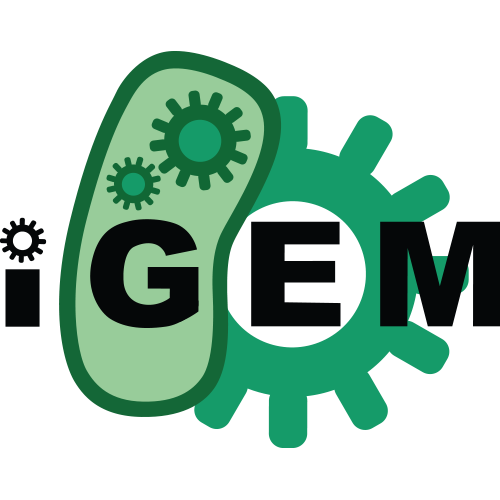Source:
Generated By: https://synbiohub.org/public/igem/igem2sbol/1
Created by: iGEM11_UNAM-Genomics_ Mexico
Date created: 2011-09-24 11:00:00
Date modified: 2015-05-08 01:12:36
HydG-> Chlamydomonas reinhardtii
| Types | DnaRegion |
| Roles | CDS Coding |
| Sequences | BBa_K535001_sequence (Version 1) |
Description
Hydrogenase H-cluster assembly is necessary to have an active hydrogenase expression, because of the complexity of hydrogenases??? active sites, they require maturation machineries that involve metal-ion transport, they require at least three accessory proteins called the HydE, HydF, and HydG maturases. All organisms with [2Fe] hydrogenase and sequenced genomes contain homologues of HydE, HydF, and HydG.Specifically HydG is a bi-functional enzyme that uses a relatively simple substrate to generate the triple-bonded ligands of [FeFe]-hydrogenase active site.
We will use the maturases (HydEF and HydG) from Chlamydomonas reinhardtii. In the C. reinhardtii genome, this genes are adjacent and are arranged in an order suggestive of divergent expression from the same promoter region.
HydEF and HydG genes are transcribed anaerobically in parallel with the HydA1 and HydA2 [Fe] hydrogenase genes in C. reinhardtii.
In prokaryotic genomes HydE, HydF, and HydG are found in putative operons with [Fe] hydrogenase structural genes.
HydG belongs to the emerging radical S-adenosylmethionine (commonly designated ???Radical SAM???and also known as the AdoMet radical) superfamily of proteins. These proteins participate in numerous biochemical reactions including but not limited to sulfur insertion, radical formation, organic ring synthesis, and anaerobic oxidation.
HydG contain the signature Cys-X3-Cys-X2-Cys motif that is typically found within the Radical SAM protein superfamily. This motif coordinates a redox active [4Fe4S] cluster under reducing conditions.
HydG also uses tyrosine to synthesize the CN-/CO ligands of [FeFe]-hydrogenase active site, initial steps of CN- synthesis are carried out in the TIM-barrel domain of HydG but some component(s) of the CTD (C-terminal domain) are later needed. Mutation of any of the three conserved cysteines found in the CTD of HydG resulted in an inactive hydrogenase, which indicates that CO synthesis is metal-based and occurs in the CTD and probably uses the [4Fe???4S] cluster.
Notes
Some codons of the original Chalmidomonas' sequence had been changed for synonimous ones according to the Codon adaptation index (CAI) procedure in order to optimize its expression and to optimize Rhizobium etli???s (where we will express this gene) fitness as well.The Codon adaptation Index indicates how similar the Codon Usage (CU) in a coding sequence (CDS) is to that of highly/constitutively expressed genes. It is not a cause of high gene expression, but it is necessary to optimize resource usage. To optimize a sequence according to the CAI procedure we first obtained relative adaptiveness (w) for each codon (1.- most frequent codon. 0.- non-existent codon) in R. etli and then we substitute codons in target CDS with all synonymous codons with greatest w.
5' UTR and the first seven codons were optimized for Gibbs free energy to avoid formation of secondary and tertiary structures. This was achieved by taking ???allowed??? synonym codons (as determined by w higher than threshold) and using the combination of the first seven codons that together with the six nucleotide long sequence (generated using RSATools) as a spacer, had the least negative ∆G value which indicates a worse folding, relating to a better translation initiation in mRNA. We avoided sequences with restriction sites.
Two TAA stop codons had been added at the end of the coding region.
Unwanted restriction sites had been changed for synonimous codons.
This sequence was synthesized.
